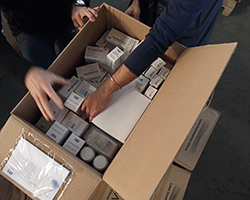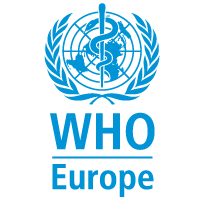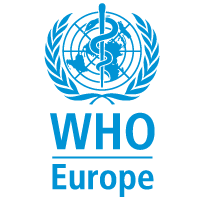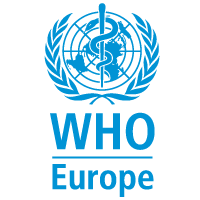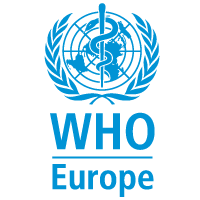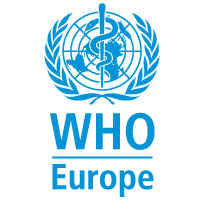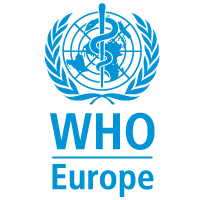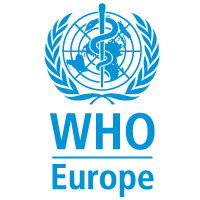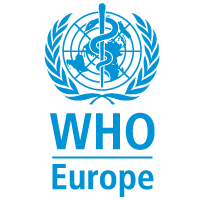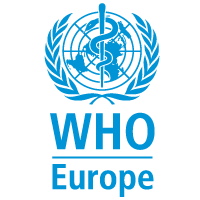Olexander Babanin is Logistics and Operations Officer for WHO, and is responsible for organizing the transportation of essential medical supplies and equipment from storage facilities to locations across the world. In this interview, Olexander explains how WHO decides which supplies are needed, how they are distributed and how they might be used, in the particular…
WHO/Europe Menu Home Health topics Countries Publications Data and evidence Media centre About us 09-05-2022 WHO/Andrea Rhein Climate change affects everybody across the world, but each country may face different effects in various ways. To address this threat, national authorities need information on the specific climate hazards they are already facing, the ones that will…
WHO Regional Director for Europe, Dr Hans Henri P. Kluge, signed a biennial collaborative agreement (BCA) and presented a special WHO award to health workers in Armenia during a recent country visit.The BCA signed by Ms Anahit Avanesyan, Minister of Health of Armenia and Dr Kluge focuses on quality health care accessible to everyone, effective…
Building on the lessons of the COVID-19 pandemic, strengthening access to quality health care through financial reforms, and highlighting life-saving vaccination as the Region marked European Immunization Week, formed just some of the issues on the agenda during a recent 2-day visit to Azerbaijan by Dr Hans Henri P. Kluge, WHO Regional Director for Europe.“The…
In our daily lives, we do so much with our hands. They are tools for creativity and for expressing ourselves, and a means for providing care and doing good. But hands can also be centres for germs and can easily spread infectious diseases to others – including vulnerable patients being treated in health facilities.This World…
We spoke to 2 nurses about the simple, but critically important practice of cleaning hands and found out why hand hygiene is so important in the health-care environment.Miranda’s perspective“As health workers we do almost everything with our hands, yet hands can also be centres for germs and one of the easiest ways that infectious diseases…
Amid the daily work of bringing newborns safely into this world, a group of Polish midwives collect necessities for Ukrainian women who arrive alone at the hospital to give birth. “It’s a small gesture that can hopefully bring sun for a moment,” says Martyna Grygiel-Kaczmarek, midwife at the St. Sophia Hospital in the Polish capital…
Statement by Dr Hans Henri P. Kluge, WHO Regional Director for Europe4 May 2022Commissioner Kyriakides, esteemed colleagues and friends,A warm welcome to today’s long-awaited meeting, which has only grown in relevance since we launched the Pan-European Mental Health Coalition last September.Our Region is undergoing extensive upheaval and change.A pandemic has thrown an unprecedented spotlight on…
In recent weeks, a number of cases of severe hepatitis of unknown origin in children have been reported. These have been detected in several countries including the United Kingdom of Great Britain and Northern Ireland, Spain and the United States of America.What is acute hepatitis?It is a term used to describe an acute inflammation of the…
For further enquiries please contact: WHO Regional Office for Europe Email: eupress@who.int Marie Wolf Communications Consultant WHO Regional Office for Europe Email: mwolf@who.int Bhanu Bhatnagar (he/him) Spokesperson / Media Relations on deployment in Ukraine WHO Regional Office for Europe Mobile: +380 93 612 4170 Email: eupress@who.int; bbhatnagar@who.int Copenhagen, 4 May 2022WHO/Europe calls for a more…


